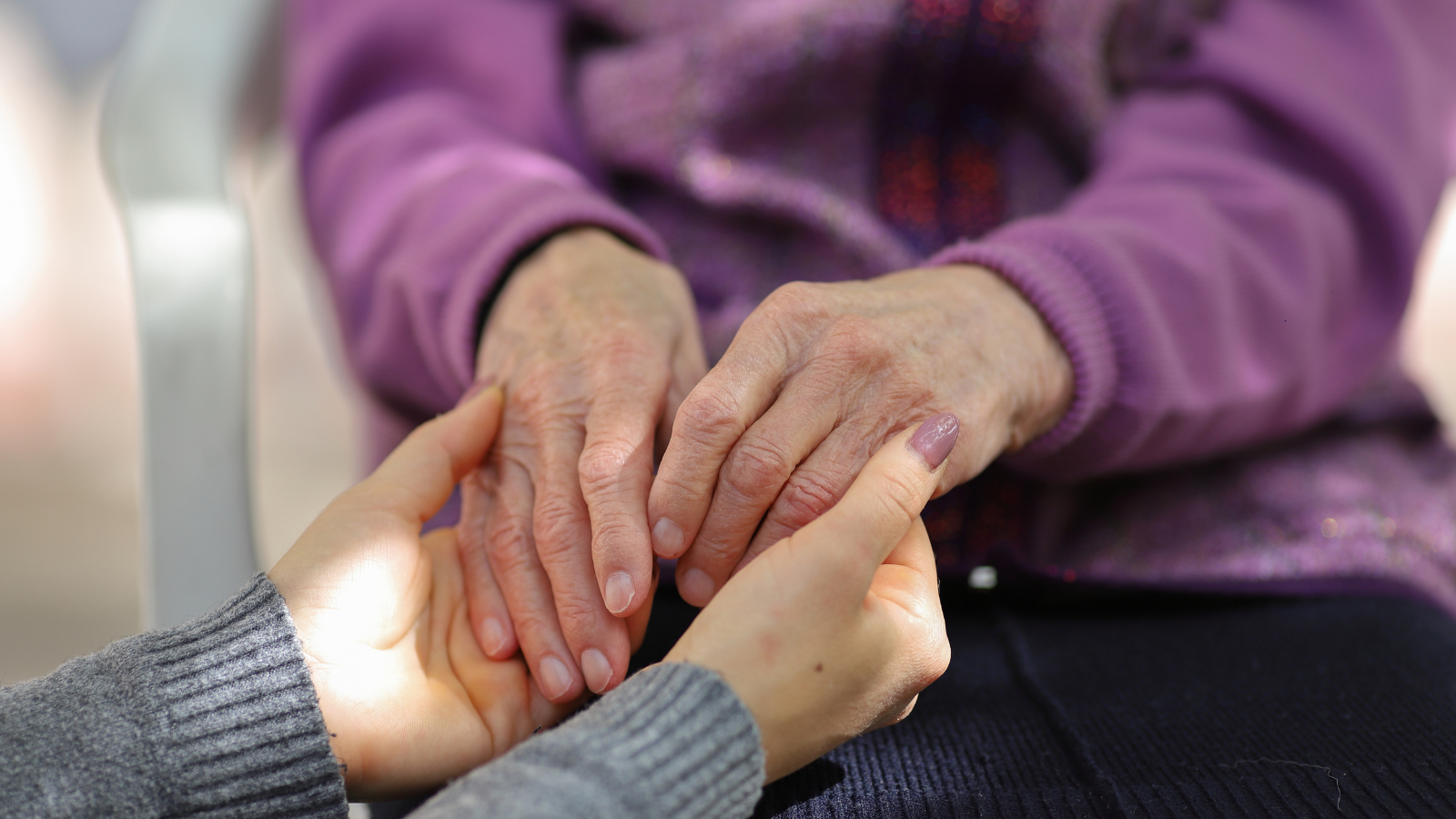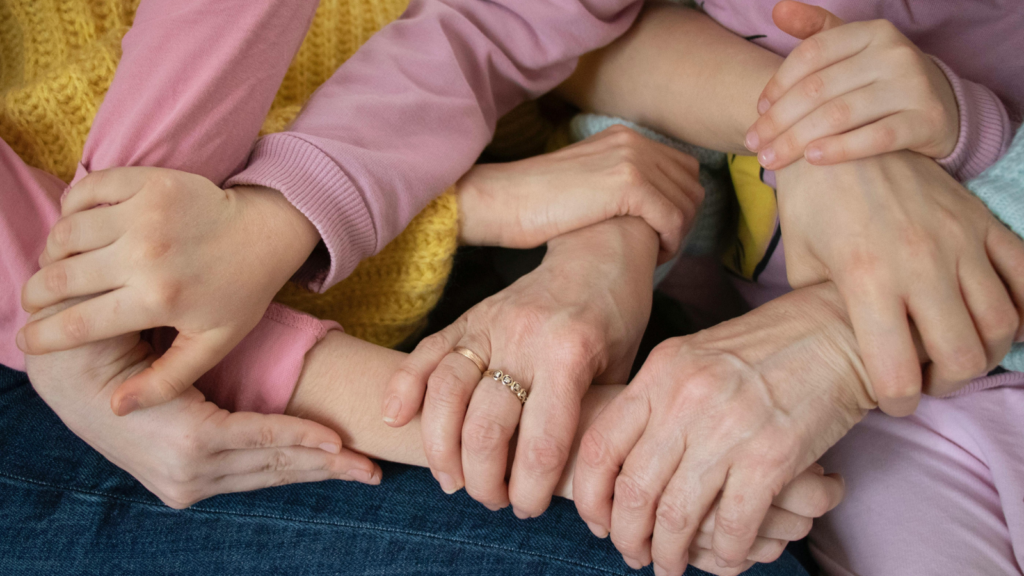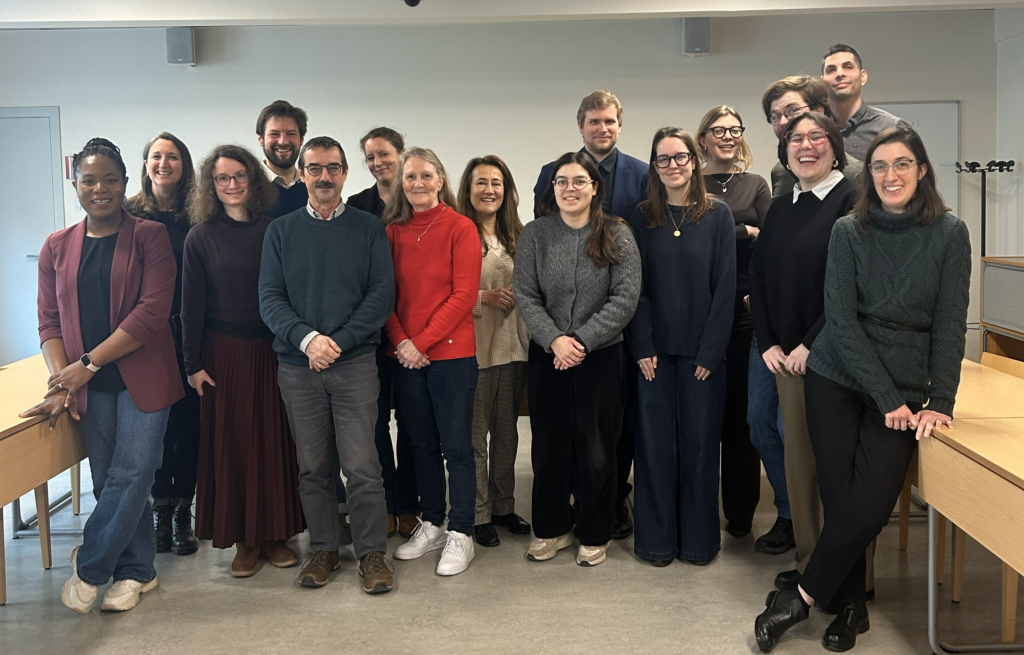It could be a good brain-teaser to ask what is the occupation of the tens of millions of people in Europe, whose daily work time can span over 24 hours and is not only essential but also life-saving. We could not even say that this type of work is underpaid, as it is in many cases, not paid at all. And although it is not necessarily undervalued, it is clear that this essential work is taken for granted. For COFACE Families Europe, which represents the interests of families across Europe, the answer to this brainteaser is evident. But it might be less obvious to many people outside of our own bubble, that we are talking about informal family carers who look after relatives with long-term care needs or children outside of education and care institutional settings.
While drafting the opinion for the European Economic and Social Committee (EESC) on the European Care Strategy, I spent quite some time searching for data and statistics on informal carers. While many recent publications appeared on the economic value of and gender imbalance in unpaid care, there are still no official statistics on their numbers. This is mainly due to the lack of a clear definition and because of the informality that is a specificity of this sector.
Since the EESC has an advisory role in the EU, the opinion includes several recommendations to complement the Care Strategy as presented by the European Commission. We focused many of our comments on the needs of informal carers as we saw a lot of room for improvement in this regard.
The Care Strategy ticks the right box by acknowledging that formal and informal care go hand-in-hand, none of them are exclusive and both need support. Home care is often provided by informal carers. A majority of them are women and family relatives of the person in need of care, who carry most of the burden, with the impact it entails on their professional and personal life. The EESC recommends the identification of these carers and the mapping of their needs to effectively target them.
Other proposals of the opinion include the launch of a European Care Guarantee, which would ensure life-long access to affordable quality healthcare and care services for everyone living in the EU. It also underlines the importance of supporting families in their fundamental role as caregivers and asks for adopting specific measures to address gender stereotypes, attracting more men in the sector and ensuring better distribution of care within households. In addition, the Committee highlights the need for a life cycle approach promoting healthy and active aging and calls for the development of a European Strategy for Older Persons.
Given that 2023 is the European Year of Skills, I’d also like to highlight our point on skills validation to pave the way for the personal and societal recognition of informal carers’ crucial role. These skills validation schemes would facilitate their access to training, information, and advice about care, while they could also help to develop adequate care-life balance measures.
Informal carers require unique and specific consideration given their largely unrecognised and unremunerated roles along with measures to move in the direction of formalisation and recognition, e.g., promoting access to social security systems, further advancing the prevalence of carers leave and possibilities for career development.
Millions of carers await a positive response from our societies which they assist to properly function. It is high time to consider an action plan for informal and family carers to meet the objectives of the European Care Strategy to ensure that informal care is a choice rather than a necessity.
**DISCLAIMER: All opinions in this article reflect the views of the author, not of COFACE Families Europe**
About the author: Kinga Joó is a member of the European Economic and Social Committee and was rapporteur of the opinion SOC/741-EESC-2023 “ The European Care strategy”. Kinga is also the international adviser of the president of the National Association of Large Families in Hungary (NOE).
Photo: ©Getty Images via Canva.com





